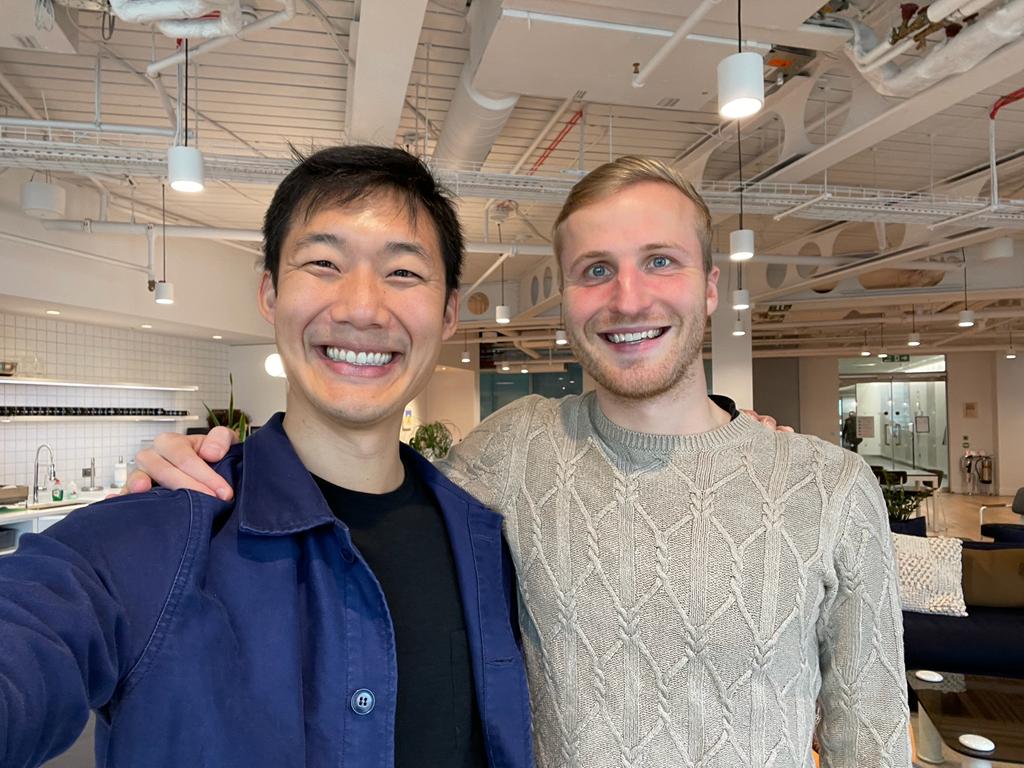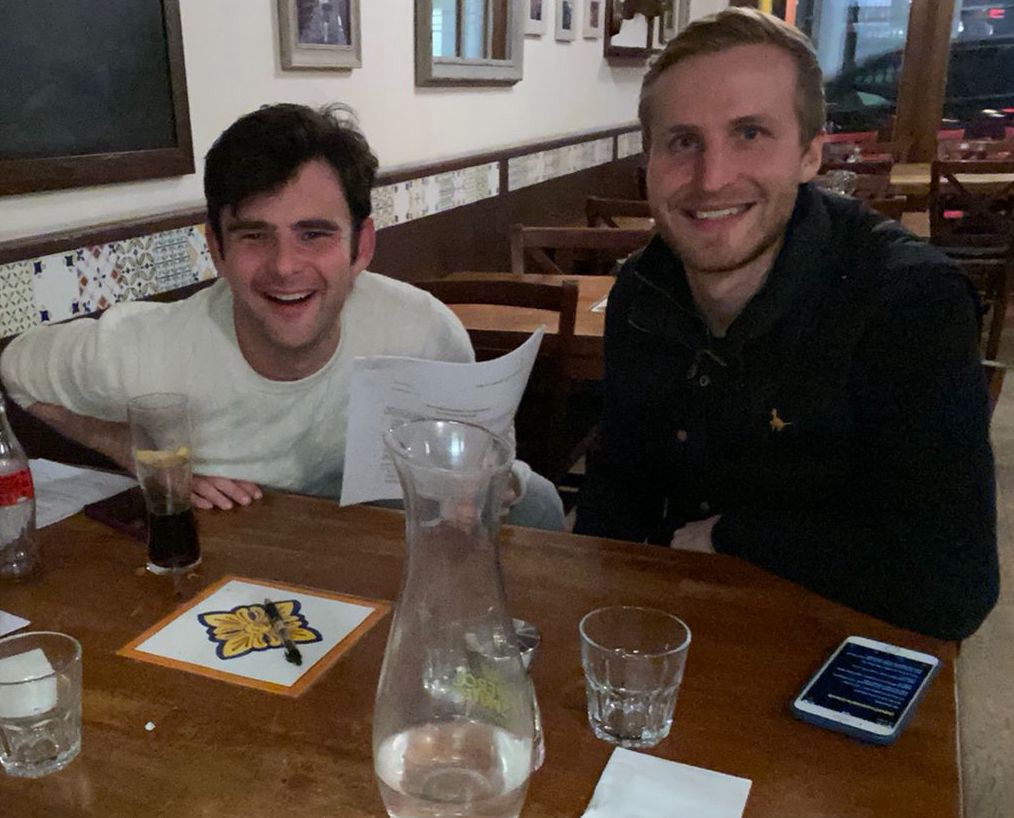Loci: An Engine for the Metaverse
A virtual camera takes video footage and converts it into immersive digital worlds. This means you could build a virtual video game version of London from panoramic footage of the city, or turn a video of an office into a digital meeting room for remote teams, or replay a real football match from any virtual camera angle immediately after it happens.
There is so much hype around the word “metaverse” that it can lose meaning. Simply put, it is about being able to experience life in the virtual world in the same way we do in the real world. For this to happen, the two worlds need to look and feel similar, so you can move back and forth seamlessly between them and introduce elements from one into the other. Mark Zuckerberg’s recent “meta” reveal video showed how far they are still apart. Loci aims to be a bridge between the two worlds.
Jack Davis is the type of founder we love to back. A technical expert focused on a major problem he has the experience to solve. He eschews the hype of the metaverse and is laser focused on the technical challenge.
Jamie Macfarlane
Why We Did the Deal
We invested in Loci because of its potential to be an enabling technology for the metaverse. It is a bridge that turns real into virtual, creating photorealistic worlds from videos and photos. We believe in the platform vision of the founder, where different users (from property agents doing virtual viewings, to developers creating photorealistic games, or content producers creating dynamic video for film and TV) can plug their footage into Loci’s rendering engine to build their own experiences.
Jack Davis is also the type of founder we love to back. A technical expert focused on a major problem he has the experience to solve. He eschews the hype of the metaverse and is laser focused on the technical challenge.
Before starting Loci, Jack built predictive machine learning models on sports matches for betting companies (while also working in the Hedge fund industry) and became obsessed with the limitation of live video footage. He could only experience the parts of a game that the TV allowed him to see. Jack was determined to allow a viewer to fully immerse themselves in the world within the video, unrestricted by the choices of a single camera. He left his career in Finance and enrolled in a Machine Learning course at Cambridge to tackle this problem. Based off his tennis demo, he secured his first commercial contract in the sports domain and launched Loci with the aim of generalising the software to any real-world environment or event.

How the deal happened
Our student investor, Adam Flanagan, discovered Loci from the Djokovic vs. Federer demo. We got in touch with both Jack and his Cambridge Professor (who was equally impressed by the pilot). We became more and more excited as we learned about the scale of Jack’s vision, and how this same digital camera technology could be the key that turned the real world into virtual ones. He was also unusually aware of exactly the talent he needs to attract to fill holes he lacks, and how critical that is to Loci’s success. We believed that CF’s network across 28 university campuses could help him achieve this. We also knew that Blue Wire Capital would add value with their computer vision experience, and we were delighted they joined the round.
Paradoxically for a cutting edge metaverse company, terms were signed in person at a pizza restaurant. A first for Creator Fund. And a reminder you still need the real world to create the virtual one.
